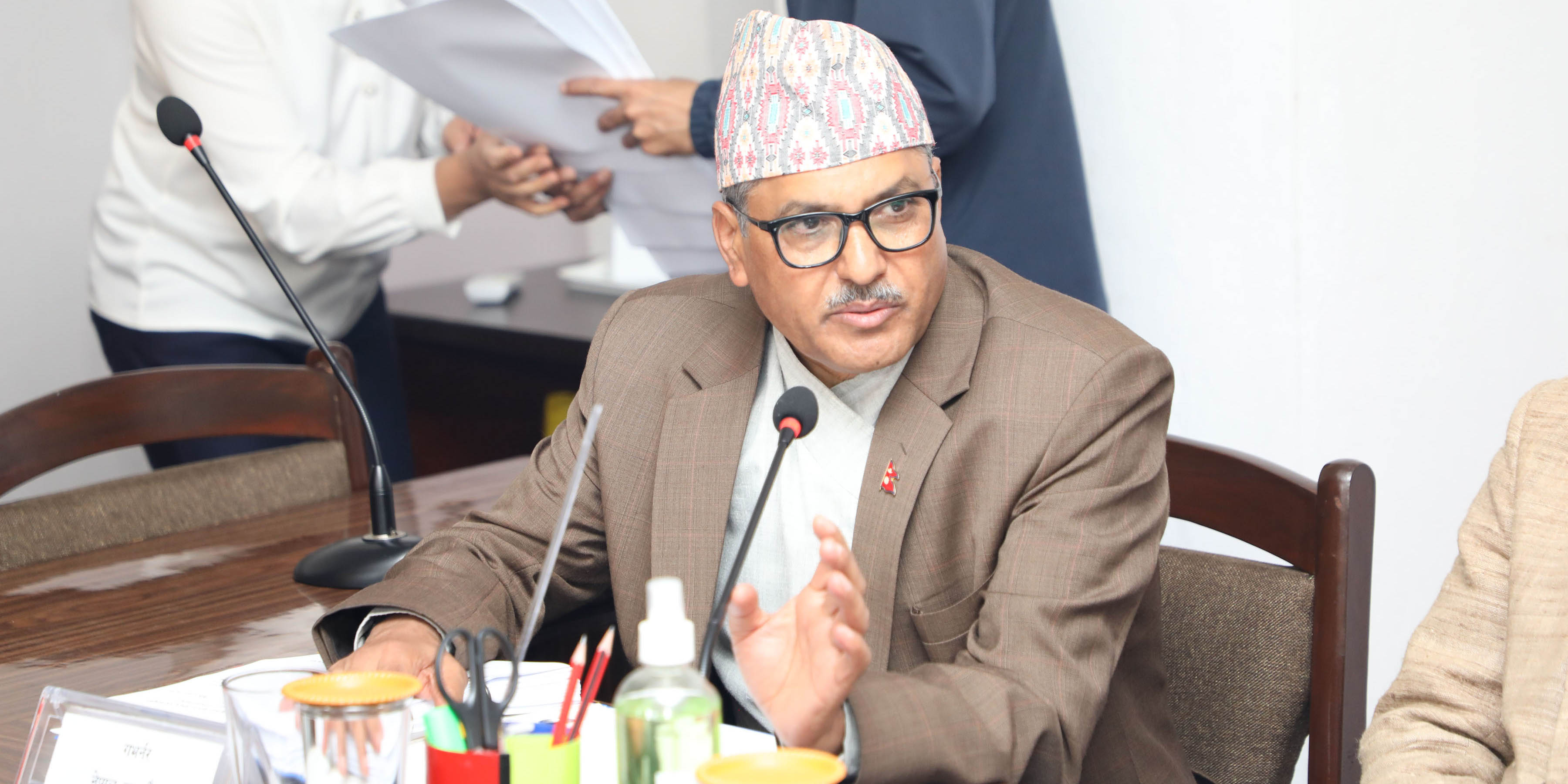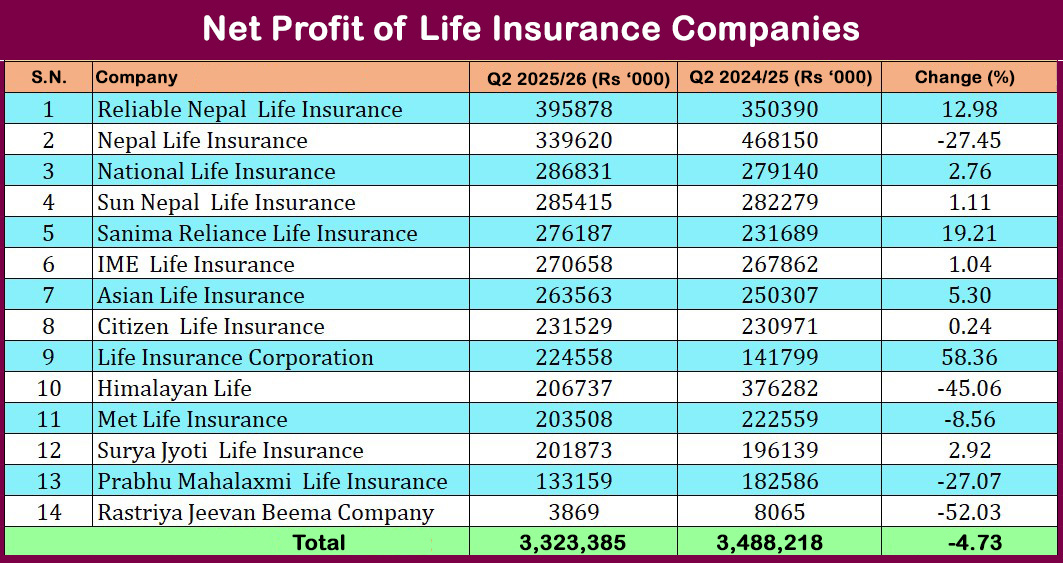 Governor Maha Prasad Adhikari. Photo: RSS
Governor Maha Prasad Adhikari. Photo: RSS
KATHMANDU: Nepal Rastra Bank (NRB) Governor Maha Prasad Adhikari has claimed that the economy, which had declined after the earthquake and COVID-19, has shown improvement in the last two years.
Speaking at an event titled International Conference on Economics, Finance and Related Themes jointly organized by Nepal Open University and Cardiff University in Lalitpur on Thursday, Governor Adhikari said that Nepali economy, which had deteriorated after the earthquake and COVID-19, has been gradually improving. He said that the construction, industry and trade sectors have made significant progress in the last two years.
“Along with financial reforms, the central bank has also made several operational improvements in monetary policy,” he said. “These operational reforms have been gradually implemented to increase the effectiveness of monetary policy transmission, starting with the introduction of the interest rate corridor in 2016/17 and moving towards an interest rate target from reserve rates in 2020/21.”
Adhikari added that the central bank’s efforts are focused on the modernization of monetary policy operations, improving credit quality, emphasizing digital banking and fintech, developing modern payment systems and integrating them into the global market, and continuing measures for financial strengthening.
He added that the central bank was formulating monetary policy with an eye on the country’s sustainable economic growth.
Governor Adhikari said he was hopeful that the conference would contribute to the analytical study of Nepal’s economic and monetary sectors and aid in policy formulation.
The conference will see discussions on a wide range of themes like Macroeconomics and Microeconomics; Financial Markets and Institutions; Monetary Policy and Central Banking; International Trade, Foreign Direct Investment and Decentralization; Regional Developments focusing on China, India and South and East Asia; Migration and the Rural-urban Poverty; Endogenous Growth Models, Migration and Macroeconomy; R&D, Innovations and Knowledge Spillovers; Corporate Finance; Econometrics and Quantitative Methods; and Financial Regulation and Risk Management.

 Himal Press
Himal Press 














